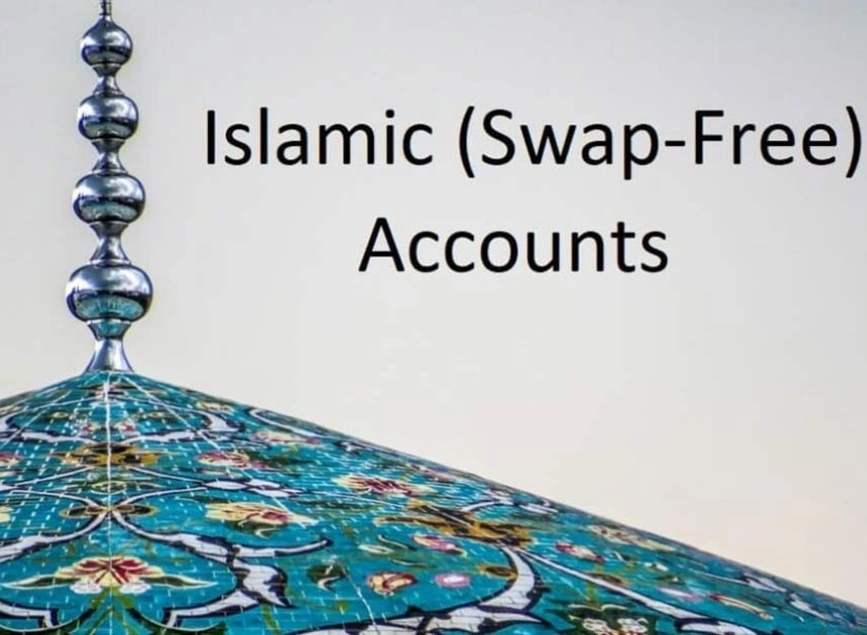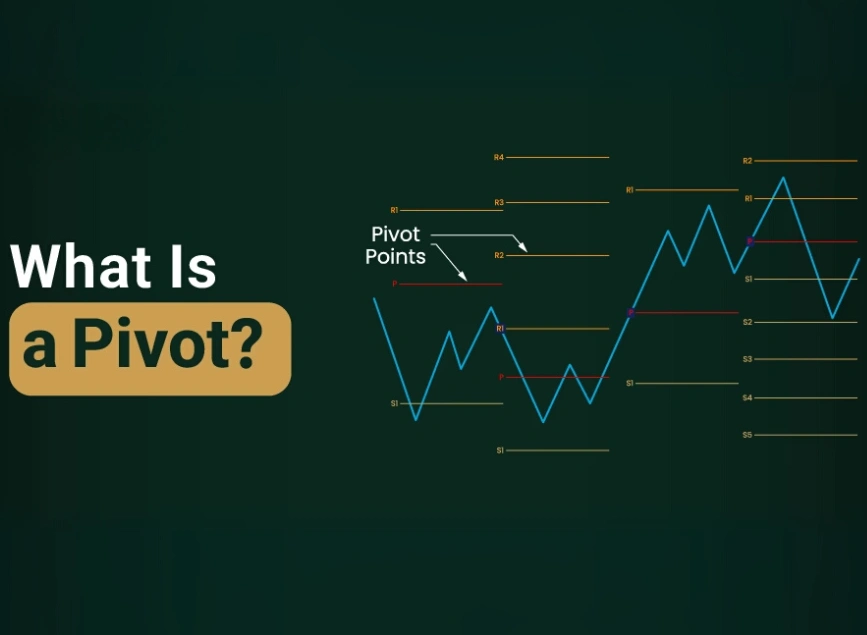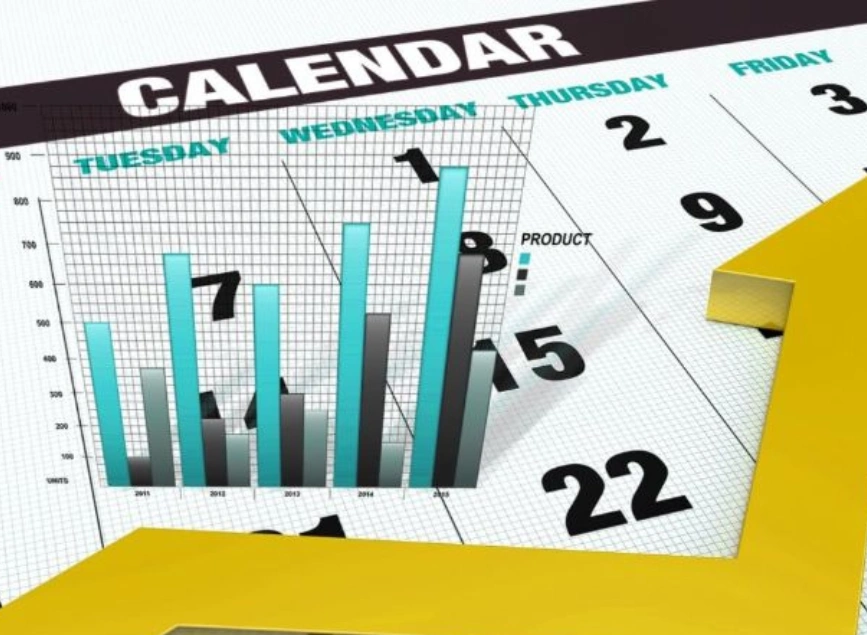
How to Start Option Trading Without Feeling Overwhelmed
Estimated reading time: 4 minutes
Table of contents
If the stock market feels confusing or overwhelming, you’re not alone.
Maybe you’ve heard people talking about “calls” and “puts,” or saying they made money without owning the actual stock. That’s option trading and while it sounds complex at first, it’s actually a powerful tool once you understand the basics.
In this guide, we’ll break down what option trading really is, how it works, and why it might be something you want to explore whether you’re a casual investor or just starting out.
What Is Option Trading?
Option trading is the buying and selling of financial contracts called “options,” which give you the right—but not the obligation, to buy or sell a stock at a specific price before a certain date.
It’s different from buying regular stocks because you don’t actually own the stock—you’re trading the option to buy or sell it later.
There Are Two Basic Types of Options:
- Call Option: Gives you the right to buy a stock at a certain price.
- Put Option: Gives you the right to sell a stock at a certain price.
💡 Think of it like reserving a concert ticket, you’re not buying the seat yet, but you’re holding the right to buy it if you choose, before a deadline.
Why Do People Trade Options?
Here are a few reasons why option trading is so popular:
- ✅ Leverage: You can control more shares with less money.
- ✅ Flexibility: You can profit whether the market goes up, down, or sideways.
- ✅ Hedging: You can use options to protect your investments.
- ✅ Income generation: Some investors sell options to earn extra money.
But there’s a flip side. Options can be risky, especially if you don’t understand how they work. That’s why learning the basics is crucial.
How Option Trading Works (With Simple Example)
Let’s say Stock A is trading at $100 per share. You think it will go up to $120 in the next month.
You buy a call option that gives you the right to buy the stock at $105 within 30 days. If the stock hits $120, you can buy it for $105 and immediately sell it for $120, making a profit.
Here’s a basic comparison:
| Term | Explanation |
|---|---|
| Strike Price | The price you can buy/sell the stock (e.g. $105) |
| Premium | What you pay for the option contract (e.g. $3/share) |
| Expiration | The date the option expires (e.g. 30 days from today) |
| In-the-Money | When exercising the option gives you a profit |
| Out-of-the-Money | When the option expires worthless |
Risks of Option Trading (And How to Avoid Them)
Like any tool, options can be helpful—or dangerous—depending on how you use them.
⚠️ Common Risks:
- Options can expire worthless if the stock doesn’t move as expected.
- Premiums paid for options are non-refundable.
- Complex strategies can lead to big losses if you’re not careful.
🛡️ How to Trade Options Safely:
- Start small: Practice with paper trading accounts or limited capital.
- Learn the terms: Understand how strike prices, expirations, and premiums work.
- Avoid high-risk strategies: Don’t jump into advanced trades like naked calls early on.
- Use stop-losses: Always protect yourself from major losses.
Read More: What Is a Trade War? Causes, Impacts & Smart Investor Strategies
When Should You Use Options?
Options can fit different goals, depending on your strategy:
✔️ Use Options If You Want To:
- Speculate: Bet on price movement with less money.
- Hedge: Protect your portfolio from sudden losses.
- Earn income: Sell options to collect premiums (like rent for your stocks).
You don’t have to be a day trader or math genius, just a curious investor willing to learn and take it slow.
Is Option Trading Right for You?
Ask yourself these questions:
- Are you comfortable taking calculated risks?
- Do you want more control and flexibility over your investments?
- Are you willing to learn before jumping in?
If you answered yes to any of these, options might be a great tool to add to your investing toolkit.
✅ Key Takeaways
- Option trading gives you the right—not the obligation—to buy or sell stocks
- There are two types: calls (buy) and puts (sell)
- It offers flexibility, leverage, and income opportunities—but also risk
- Beginners can start safely by learning, practicing, and avoiding complex trades
FAQ: Common Questions About Option Trading
1. Is option trading good for beginners?
Yes, if you start with simple strategies, learn the basics, and avoid risky trades.
2. Do I need a special account to trade options?
Yes, most brokers require an options-approved account and a short application.
3. Can I lose more than I invest in options?
Yes, with some advanced strategies. But with basic strategies like buying calls or puts, your loss is limited to the premium paid.
4. What’s the difference between options and stocks?
Stocks represent ownership; options represent rights. Stocks don’t expire—options do.
Share
Hot topics

Best broker for gold trading
There’s always been a certain magic about gold. Before online charts and trading applications, people stored their wealth in coins and bars, trusting that gold would retain its value during...
Read more




Submit comment
Your email address will not be published. Required fields are marked *